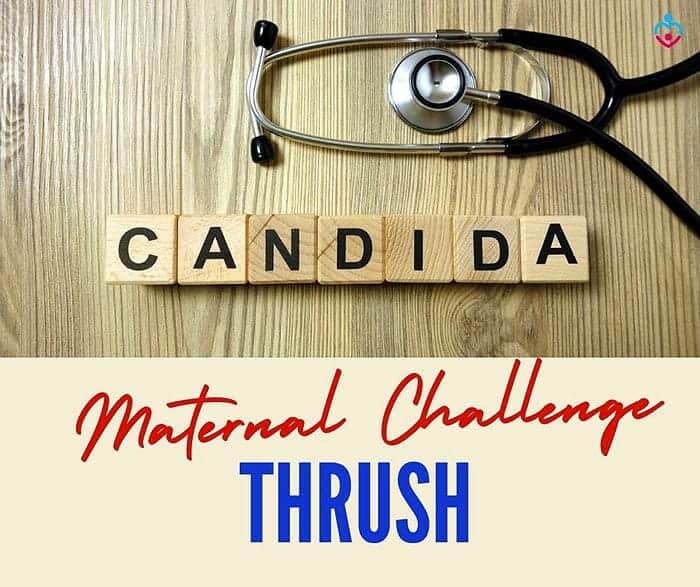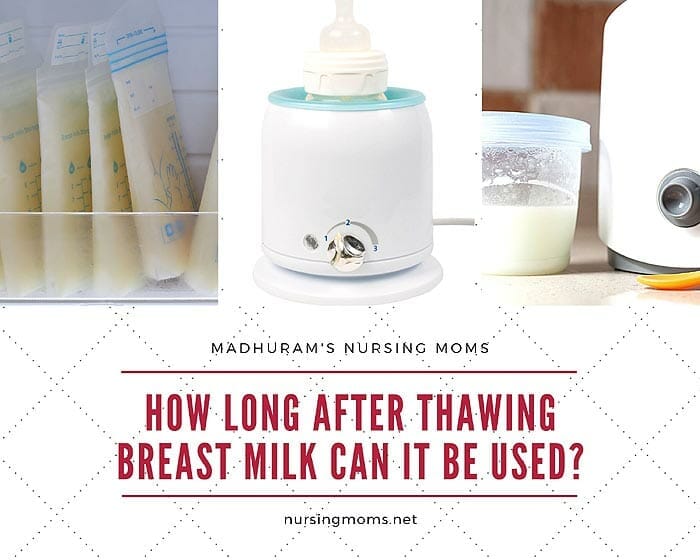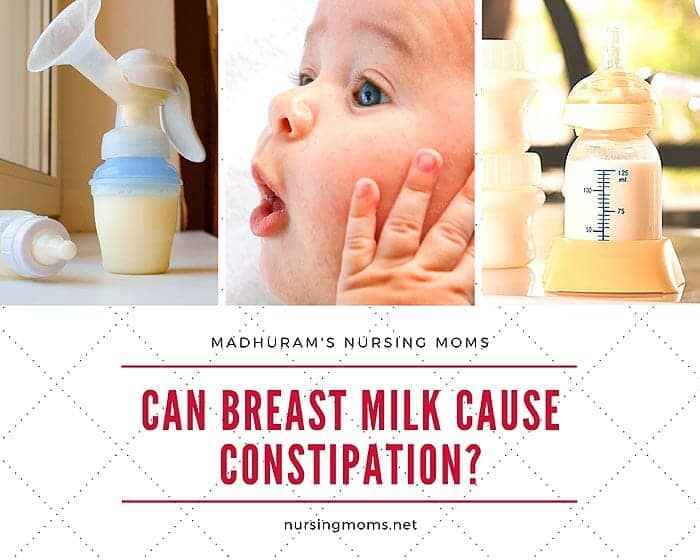
Thrush is one of the most uncomfortable side effects of nursing, but luckily, it is not one of the common side effects. This is a yeast infection that can affect your nipples if you are nursing. But thrush can happen to women that are not breastfeeding as well.
Jump to:
Causes of thrush
Thrush appears as an overgrowth of a fungus called Candida.
- In normal amounts, this fungus is innocent. Still, it can cause yeast infections and different complications when it gets out of control. Candida naturally lives on the skin and in the digestive tract.
- Nursing mothers with cracked nipples or open wounds can develop thrush faster. Breastfed babies can also develop a thrush infection in their mouth or on the tongue. Also, women who have a vaginal yeast infection are more prone to developing thrush.
Suggested Reading:
![]()
Possible symptoms of Thrush
For breastfeeding women, thrush usually happens on the nipples, areolas, and other parts of the breasts.
- The main symptom of thrush on the breasts is pain which can be mild or severe. This pain can come from behind the nipples or areolas or radiate through other breast parts. In some cases, the pain is extreme, and a doctor's opinion is needed.
- Another common symptom of thrush is itchiness. Your breasts might feel itchy and swollen, creating significant discomfort, especially when you are nursing your baby.
- Some women also experience a burning sensation in the nipples due to the thrush infection and shiny skin and flakes.
It is important to note that these symptoms will differ from one woman to another. In addition, the intensity might not always be the same either.
A thrush infection may decrease your milk supply which is another symptom many mothers are facing. To keep your milk supply at normal parameters, you want to keep pumping and breastfeeding, as the more you do that, the more breastmilk your body will produce.
Suggested Reading:
![]()
When to see a doctor for Thrush?
It is essential to go see a doctor if you think you have thrush. The bacteria can be easily spread through your breastmilk, so if you have such an infection, chances are that your baby will get it as well.
- If you experience severe pain in your breasts or intense itchiness, you should go to the doctor and follow the recommended treatment. The sooner you treat the thrush infection, the better for both you and your baby.
- If you think your baby has a thrush infection, talk to their pediatrician as soon as possible so you can prevent the infection from spreading.
Suggested Reading:
![]()
Treatment Options for Thrush
The general treatment for thrush is based on antifungal medication. This medication usually comes in the form of a lotion that you will have to apply on your breasts or other infected areas.
- In addition, there are antifungal creams that are safe for oral use, but others will need to be cleaned off your breasts before nursing your baby.
- There are also antifungal medications that come in the form of pills. If your doctor prescribes you the pills, you will have to follow the recommended dosage.
- However, this general treatment will differ according to your health state. For instance, if you have diabetes, your doctor will check your blood sugar level before prescribing you any thrush treatment. In addition, you might have to reduce sugar intake and carbs in your diet until you heal from the infection.
- For the type of thrush that causes severe pain, you may want to ask your doctor about the potential pain killers you can take while nursing.
- If your baby has thrush, most likely, the pediatrician will give them an oral gel treatment that you will have to apply on the inside of their mouth.
You can expect your thrush infection to disappear in about two weeks if you follow the doctor's treatment. Proper hygiene is also crucial if you have thrush, as it will prevent the infection from coming back.
![]()
Are there ways to prevent Thrush?
Prevention is better than any treatment in all health conditions, and thrush is no exception.
- You can actually stay on top of such an infection if you maintain good hygiene and wash your hands after changing your baby's diaper and after breastfeeding.
- Also, sterilize your baby's pacifiers and all the toys and objects they tend to put in their mouth.
- Reducing your stress will also help, as less stress means a more robust immune system. Also, eating a healthy diet and cutting down on your sugar intake will help prevent thrush.
- Thrush can be very uncomfortable, but it is treatable. If you happen to suffer from such an infection, don't hesitate to see your doctor. It can affect both nursing mothers and breastfed babies.
Suggested Reading:
![]()
So, if you suspect you have thrush, talk to your baby's doctor as well because you might need both to be put under treatment.
![]()





